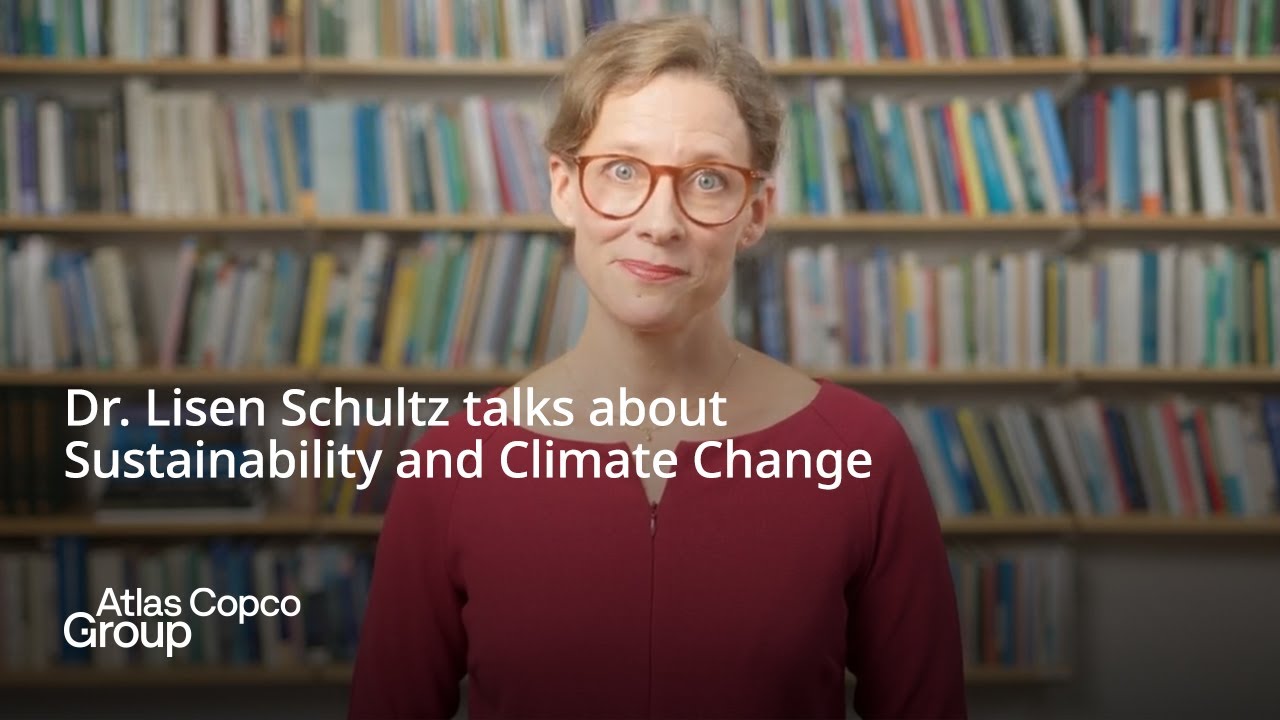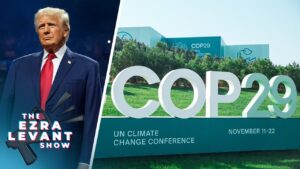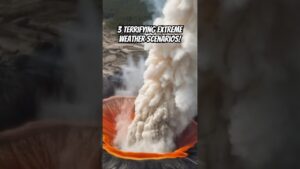
Ensuring Atlas Copco Group’s long-term success – our sustainability as an organization – requires an understanding of the global challenges facing all of us as human beings.
We asked Dr. Lisen Schultz, a Sustainability Scientist at the Stockholm Resilience Center, to provide us an introduction to sustainability, with a particular focus on the challenge of climate change.
Dr. Schultz presents the latest research about how individuals and organizations are impacting the planet – and the urgency of acting now to slow and even reverse the global warming trend.
Take this opportunity to learn about the fundamental concepts of sustainability and gain inspiring insights about how we all can contribute to the transformation needed for a better tomorrow.
Timecodes:
00:00 – The future we decided to avoid
01:19 – What is sustainability?
02:02 – Three dimensions of sustainable development
03:56 – The Biosphere and the great acceleration
07:27 – Consequences of global warming
09:44 – The end of an epoch
11:22 – Hasn’t the climate always changed?
13:38 – Where do emissions come from?
14:30 – 15 elements that help regulate the climate
16:57 – Planetary boundaries
19:02 – Shifting the economy
23:54 – A strong business driver
25:09 – What can we do?
26:49 – Conclusion
Follow us on social
LinkedIn – https://www.linkedin.com/company/atlas-copco-group
Facebook – https://www.facebook.com/AtlasCopcoGroup/
X – https://twitter.com/AtlasCopcoGroup
Instagram – https://www.instagram.com/atlascopcogroup/
#AtlasCopcoGroup #SustainableInnovations #ClimateChange
source







I have a question. I've been working on resolving the issue of the collapse of the biosphere for some time and the question is, by volume, what would move more air from the atmosphere into a pressure tank the soonest: many smaller compressors or fewer large compressors? I am an engineer and I know how to do volume calculations, what I am also asking is what do you, as a manufacturer of compressors, have already made and on a shelf right now? If I needed enough compressors as quickly as possible to be able to capture billions of cubic kilometers of atmosphere, is it quicker for you to manufacture many smaller ones or manufacture fewer larger ones?
Also, if anyone at your company would like to engage in serious discussions about the state of the atmosphere and water of planet Earth, that would be splendid. Some planetary boundaries have been breached and we've some serious work to do. I'm so so sorry it got this far I really am.